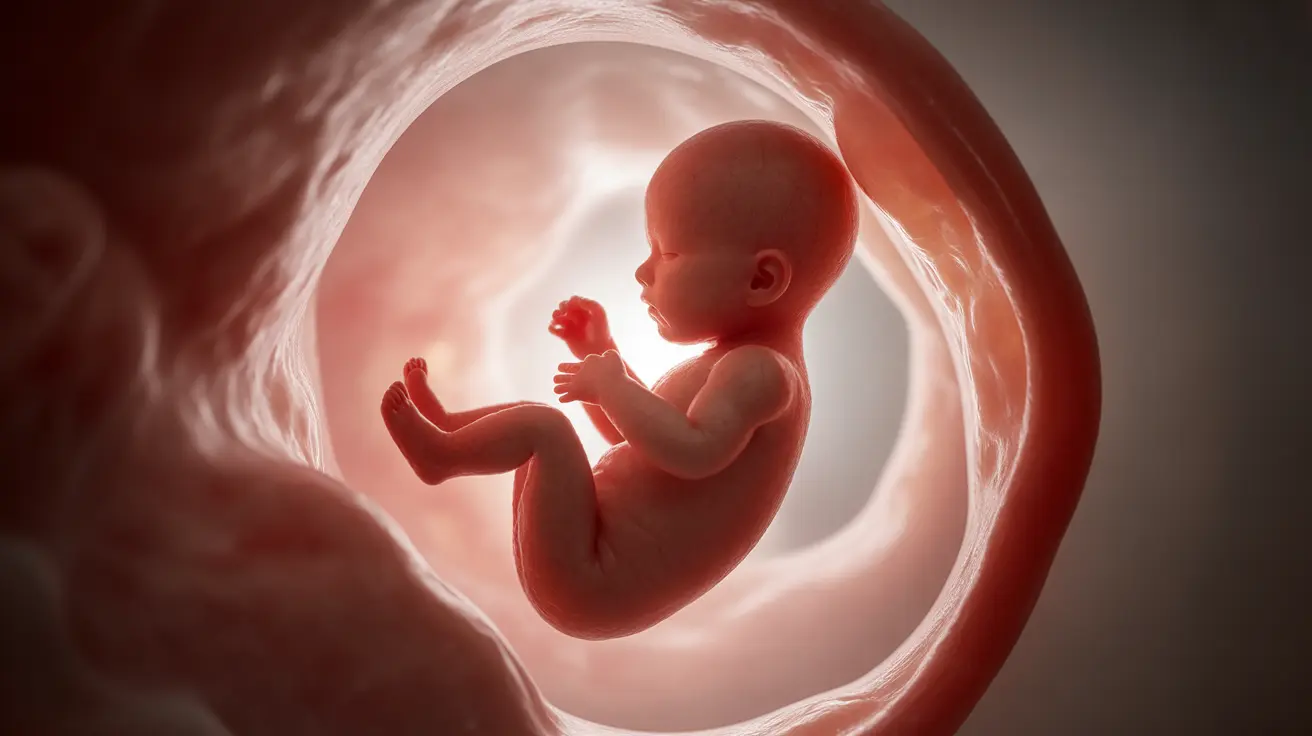Reaching week 7 of pregnancy marks an exciting milestone in your journey to motherhood. During this time, significant changes are occurring in both your body and your developing baby. Understanding what to expect can help you navigate this crucial early stage of pregnancy with confidence.
At 7 weeks pregnant, you're likely experiencing various physical and emotional changes as your body adapts to support your growing baby. Let's explore the common symptoms, developmental milestones, and essential care tips for this stage of pregnancy.
Common Symptoms at 7 Weeks Pregnant
During week 7, many women experience a range of pregnancy symptoms as hormone levels continue to rise:
- Morning sickness and nausea
- Frequent urination
- Fatigue and exhaustion
- Breast tenderness and changes
- Food aversions or cravings
- Mild cramping
- Mood swings
Managing Morning Sickness
Morning sickness can be particularly challenging during week 7. Here are effective strategies to help manage nausea:
- Eat small, frequent meals throughout the day
- Keep crackers by your bedside
- Stay hydrated with water and clear fluids
- Try ginger tea or pregnancy-safe anti-nausea remedies
- Avoid strong smells that trigger nausea
Your Baby's Development at 7 Weeks
At 7 weeks, your baby is undergoing remarkable development, though they're still only about the size of a blueberry. Key developmental milestones include:
- Formation of major organs
- Development of arm and leg buds
- Continued brain growth
- Beginning of facial feature formation
- Start of umbilical cord development
Important Health Considerations
When to Contact Your Healthcare Provider
While many symptoms are normal during week 7, certain situations require immediate medical attention:
- Severe abdominal pain
- Heavy bleeding or spotting
- Extreme nausea and vomiting
- Fever or chills
- Severe headaches or dizziness
Essential Nutrition and Lifestyle Changes
Focus on these key aspects of prenatal care during week 7:
- Take prescribed prenatal vitamins regularly
- Maintain a balanced, nutrient-rich diet
- Stay adequately hydrated
- Get sufficient rest
- Avoid alcohol, smoking, and harmful substances
- Exercise moderately as approved by your healthcare provider
Frequently Asked Questions
- What are the most common symptoms experienced at 7 weeks pregnant?
The most common symptoms at 7 weeks include morning sickness, fatigue, frequent urination, breast tenderness, and mood swings. These symptoms are caused by increasing hormone levels and your body's adaptation to pregnancy.
- How can I manage nausea and morning sickness during week 7 of pregnancy?
You can manage morning sickness by eating small, frequent meals, staying hydrated, avoiding trigger foods and smells, consuming ginger products, and keeping crackers nearby for quick snacking. If symptoms are severe, consult your healthcare provider.
- What does my baby look like and how is it developing at 7 weeks pregnant?
At 7 weeks, your baby is about the size of a blueberry. They're developing arm and leg buds, major organs are forming, and facial features are beginning to take shape. The brain is growing rapidly, and the umbilical cord is developing.
- When should I contact a healthcare provider about symptoms like spotting or cramping at 7 weeks?
Contact your healthcare provider immediately if you experience heavy bleeding, severe cramping, intense abdominal pain, extreme nausea with inability to keep food down, fever, or severe headaches. While mild cramping and light spotting can be normal, it's always better to err on the side of caution.
- What lifestyle changes and supplements should I focus on at 7 weeks pregnant?
Focus on taking prescribed prenatal vitamins, maintaining a healthy diet rich in folic acid and essential nutrients, staying hydrated, getting adequate rest, and avoiding harmful substances. Continue or begin moderate exercise as approved by your healthcare provider, and make sure to attend all scheduled prenatal appointments.




